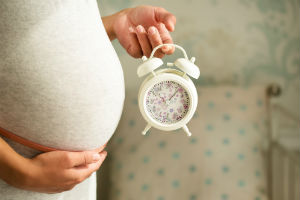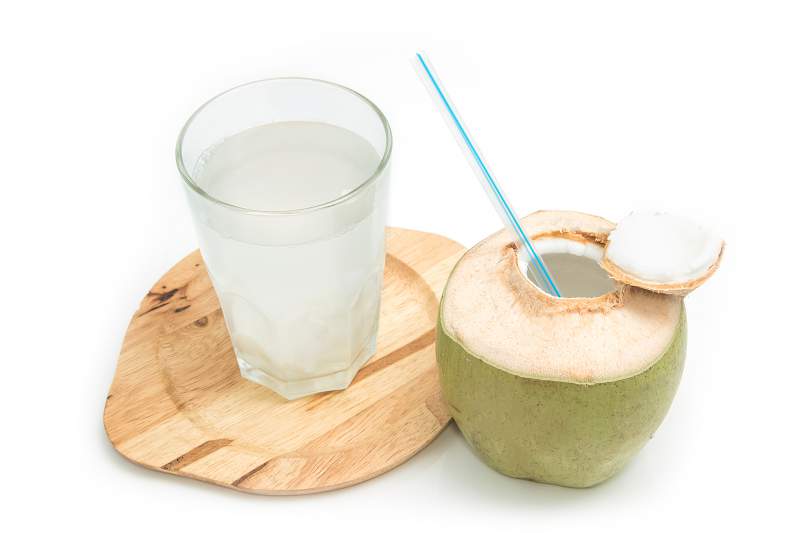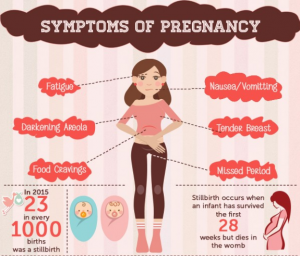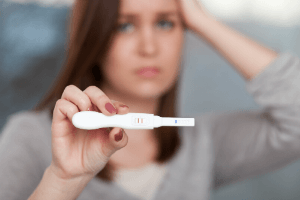9 Foods to Avoid During 1st Trimester of Pregnancy
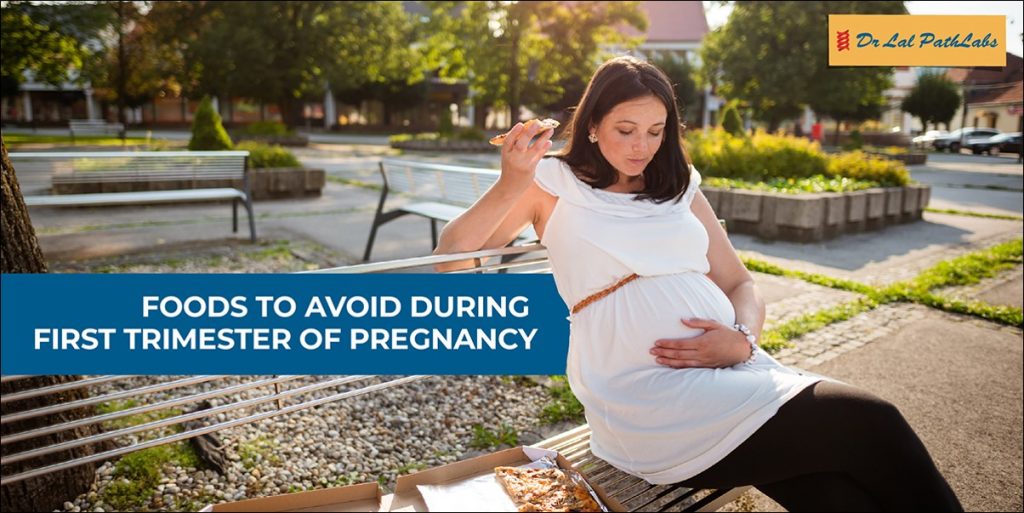
The first three months of pregnancy, or the first trimester, is a delicate period where the baby’s systems and organs begin to develop. Since a good diet is critical for your and your child’s nourishment, great care must be shown towards the type and quality of food you consume for a healthy pregnancy.
But more food can impact your health and affect your baby’s growth than you might realize. Foods that carry a high risk of infection, such as raw seafood and uncooked sprouts, should be avoided during the first trimester of pregnancy.
Your first trimester might also require you to give up some of your favourite food items, like coffee, sushi, seafood, and more. So, to help you have a healthy pregnancy, this blog will explore the various foods that you must avoid during your 1st trimester to ensure your baby’s growth.
9 Foods to avoid during 1st Trimester of pregnancy
Here are some specific foods to avoid when pregnant:
- High Mercury fish: Mercury is a toxic element that is found naturally in the environment. Some human activities, such as mining and industrial pollution, increase mercury concentration in water and air, and some fish thrive in that environment.
When such fish are consumed, mercury can cross into the placenta and affect the growing baby. Example of such fish includes:
-
- Swordfish
- Tilefish
- Shark
- King Mackerel
- Undercooked or raw fish: Just like meat, when a fish like salmonella and listeria is not well cooked, it can harbour harmful bacteria. It can also harbour parasites such as tapeworms and roundworms that can cause foodborne disease.
The symptoms of foodborne illness can be severe for pregnant women due to their altered immune system. Eating raw and undercooked fish contaminated with bacteria and parasites can also cause a birth defect and miscarriage. So, it is best to avoid consuming smoked fish; instead, go for baked, grilled, and steamed fish.
- Processed and Deli meat: Most processed and deli meat are ready-to-eat. They are more likely to be contaminated with bacteria such as listeriosis, which can harm the developing baby. In addition, processed foods like hot dogs, pepperoni, and sliced turkey contain high sodium, which can cause a rise in blood pressure.
- Raw egg: One of the foods to avoid during pregnancy is raw egg. Raw eggs are commonly associated with salmonella bacteria, which causes symptoms such as abdominal cramps, fever, nausea, and muscle aches.
Alternatively, you can make use of pasteurized eggs if there is a need for raw or undercooked eggs in a recipe.
- Unwashed Fruits and Vegetables: It is easy for bacteria such as toxoplasma and listeria to attach themselves to the surface of unwashed fruits and vegetables. This can happen while the vegetable is still in the soil or by cross-contamination with other fruits.
Toxoplasma is a parasite that produces little or no symptoms in people without pregnancy, but when consumed by pregnant people, it can cross into the placenta and affect the growing fetus, leading to the development of vision issues and other complications with the baby. To eliminate the risk of toxoplasma, make sure you wash any fruit or vegetables thoroughly before consuming them.
Along with unwashed fruits and vegetables, other fruits to avoid in pregnancy include mangoes, berries, grapes, pineapple, and papaya.
- Caffeine: An excess intake of caffeine (200–300 mg per day) is associated with a mild increased risk of miscarriage, and it can also cause the pregnant woman to deliver a baby with low birth weight. Caffeine is a stimulant that can cause pregnant women physical discomfort, making it more difficult for them to sleep. Take note of all drinks that contain caffeine that you need to avoid, such as tea, sodas, and energy drinks.
That said, adhere to a daily limit of 200mg if you must consume caffeine.
- Alcohol: The fetus is exposed to the same blood concentration as the mother, and any harmful substance, such as alcohol, can cause several health issues. The most complicated effect of alcohol exposure is Fetal Alcohol syndrome (FAS), which causes growth problems, developmental issues, and physical abnormalities.
Children exposed to alcohol before birth are prone to experiencing attention deficits, behavioural issues, and emotional struggles. Consumption of any level of alcohol is not considered safe; therefore, it is best to stay completely away from alcohol during your pregnancy.
- Undercooked or raw meat: Raw or uncooked meat can harbour pathogens such as Salmonella, Toxoplasma, and listeriosis. These pathogens can cause foodborne disease, and listeria monocytogenes can cause miscarriage, stillbirth, premature births, and other defects in the baby.
So, to avoid such serious complications in your pregnancy, you must take special care while handling, cooking, or consuming meat. Wash your hands thoroughly after handling meat, and use separate utensils and cutting boards for raw meat to prevent cross-contamination. If you don’t want to eat the meat immediately, keep it in the refrigerator and cook it properly before consuming it.
- Raw sprouts: Sprouts that include clover, radish, mung beans, and alfalfa can harbour bacteria such as salmonella and listeria. Since the sprout seed requires a warm and humid environment to thrive, it can lead to the spread of Salmonella bacteria.
Once attached, it is almost impossible to wash off. Therefore, it is best to avoid consuming raw sprouts. Moreover, if you want to consume sprouts during your pregnancy, wash and cook the sprouts properly to kill the bacteria.
There are several foods to avoid during 1st trimester of pregnancy because of their danger to the fetus. Some common Pathogens, such as listeria and salmonella, are commonly associated with uncooked or raw foods. Similarly, fruits to avoid during pregnancy include any unwashed fruit because it can be contaminated with pathogens.
Ensure you cook your food properly and store the food in the refrigerator or freezer to prevent the growth of microorganisms. Also, you must stop the intake of alcohol immediately and avoid fish with a lot of mercury, such as king mackerel and swordfish.






